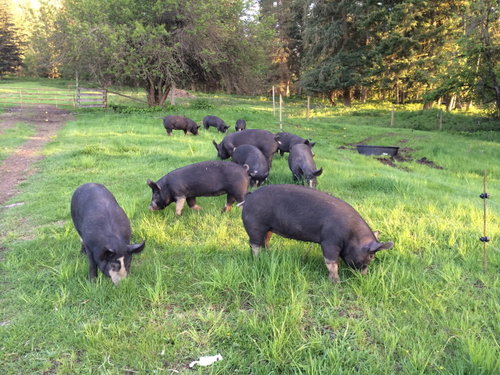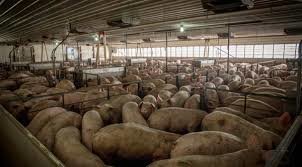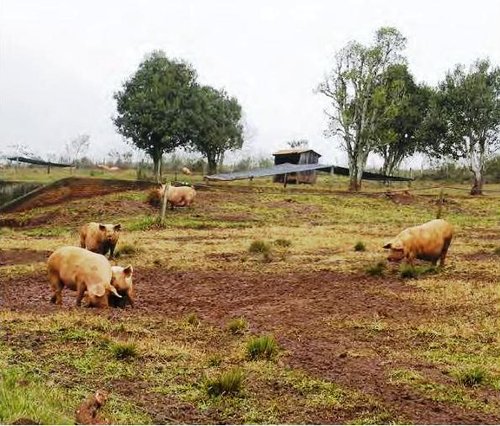PrairieHunter
Well-known member
Its amazing what happens when folks demand a difference in the food they buy. In 2005 Western NC was criticized for "pushing" the buy local movement for foods and local ag. Farm Bureau criticized the idea and said that 'grassfed beef" was a fad and not sustainable economically. Here we are in 2019 leading the SE in it and have other areas coming in to discuss not only the beef side of it, but the local ag. Helped a famer the other week look at a conservation plan that farms on 2 acres with raised beds focusing on salad greens, Just got contracted to a large grocer in our area. Seen a lot of my traditional guys switching because of how the local and regional market is transitioning.
More an more people are asking questions about where their food comes from and what it contains. More and more people are becoming aware of how our food supply works. We can't trust these huge foreign or American companies with our food security. As you mentioned more and more farmers and ranchers are looking to get out of the commodity game and find other places to market their products. Around here farmers are looking to ancient grains, hops and other grains grown specifically for beer/wine manufacturers and distillers, hemp, grass seed crops, food for local restaurants, etc... are discussed at every event I attend.
What kind of specialty crops are getting popular in NC?







